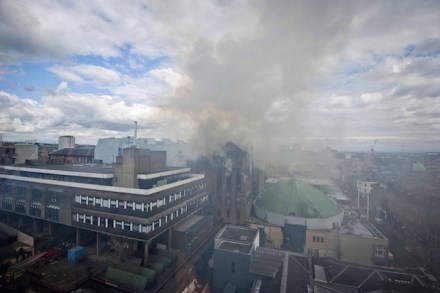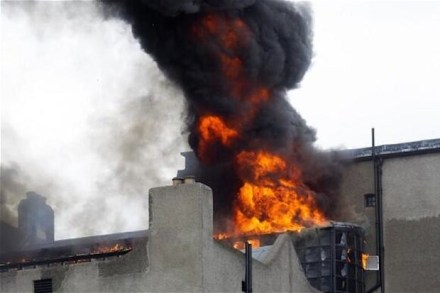There’s no contradiction between cheering on Scotland and voting for the union
In choosing this September for the Scottish referendum on independence, the SNP was presumably hoping Scots voters would be basking in the glory of a successful Commonwealth Games. There is every reason to hope that the games, which opened in Glasgow this week, will emulate the London Olympics for organisational skill and, moreover, will help to sell an often-maligned city to the world. But why does it follow that Scotland needs to be independent of the UK to organise and enjoy such an event? If these games had been marred by pettifogging bureaucracy or financial constraints imposed by Whitehall, or if someone in London had trampled on Glasgow’s bid and













